新領域セキュリティの諸課題に関する分科会
分科会実施状況
・2020年度
関連プロジェクト
・外交・安全保障調査研究事業費補助金「体制間競争の時代における日本の選択肢」
・衛星画像分析プロジェクト
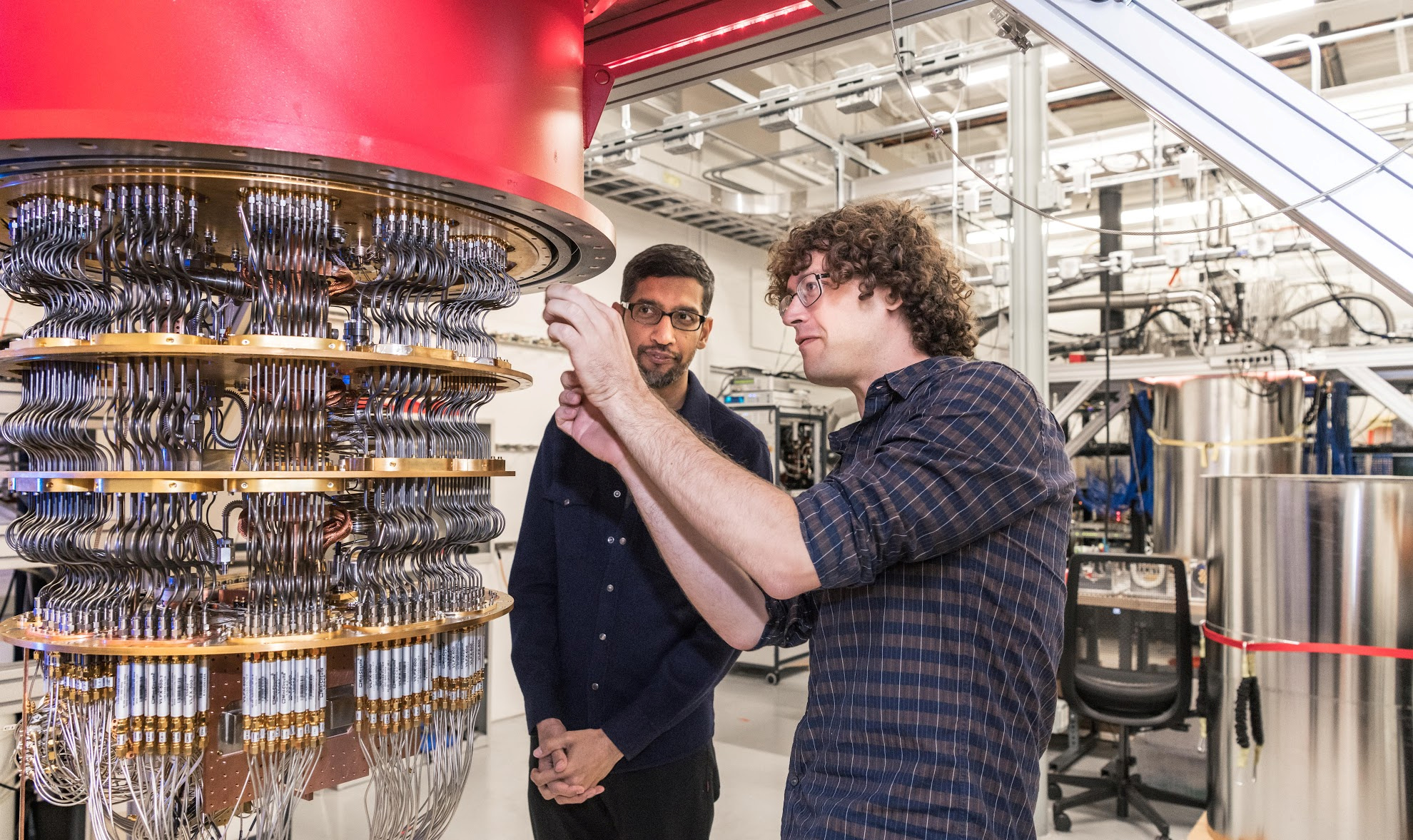
活動記録
2022.06.08 (水)
ニュース
報告書公開
ROLES REPORT No.19 中井遼「バルト三国の情報安全保障と ロシアの影響力工作 : 世論・メディア・ロシア語系住民・歴史認識問題」を公開しました
2021.07.15 (木)
ニュース
報告書公開
ROLES REPORT No.12 桒原響子 「「人間の認知」をめぐる介入戦略 ― 複雑化する領域と手段、 戦略的コミュニケーション強化のための一考察」が公開されました
2021.06.14 (月)
ニュース
動画配信
シンポジウムの動画を公開「大国間競争時代の世界と向き合う 大学発シンクタンクROLESの挑戦」
2021.06.14 (月)
動画配信
講演
大国間競争時代の世界と向き合う 大学発シンクタンクROLESの挑戦(東大駒場リサーチキャンパス公開2021)
2021.04.27 (火)
ニュース
お知らせ
ROLESメンバーの山口亮先生(釜山大学校経済通商大学国際学部客員教授)が新著を刊行しました
2021.04.27 (火)
ニュース
お知らせ
ROLES衛星画像分析プロジェクトがスタート
2021.04.12 (月)
ニュース
報告書公開
ROLES REPORT No.5 池田有紀美「量子技術と安全保障」を刊行しました
2021.03.31 (水)
ニュース
報告書公開
ROLES REPORT No.3 小宮山功一朗「サイバー空間と民主主義の断層」を刊行しました
2021.03.30 (火)
ニュース
報告書公開
ROLES REPORT No.2 小泉悠「新テクノロジーと安全保障の将来像」を刊行しました
2021.03.11 (木)
ニュース
お知らせ
「体制間競争の時代における日本の選択肢」2020年度の分科会開催状況(新領域セキュリティの諸課題に関する分科会)
構成メンバー
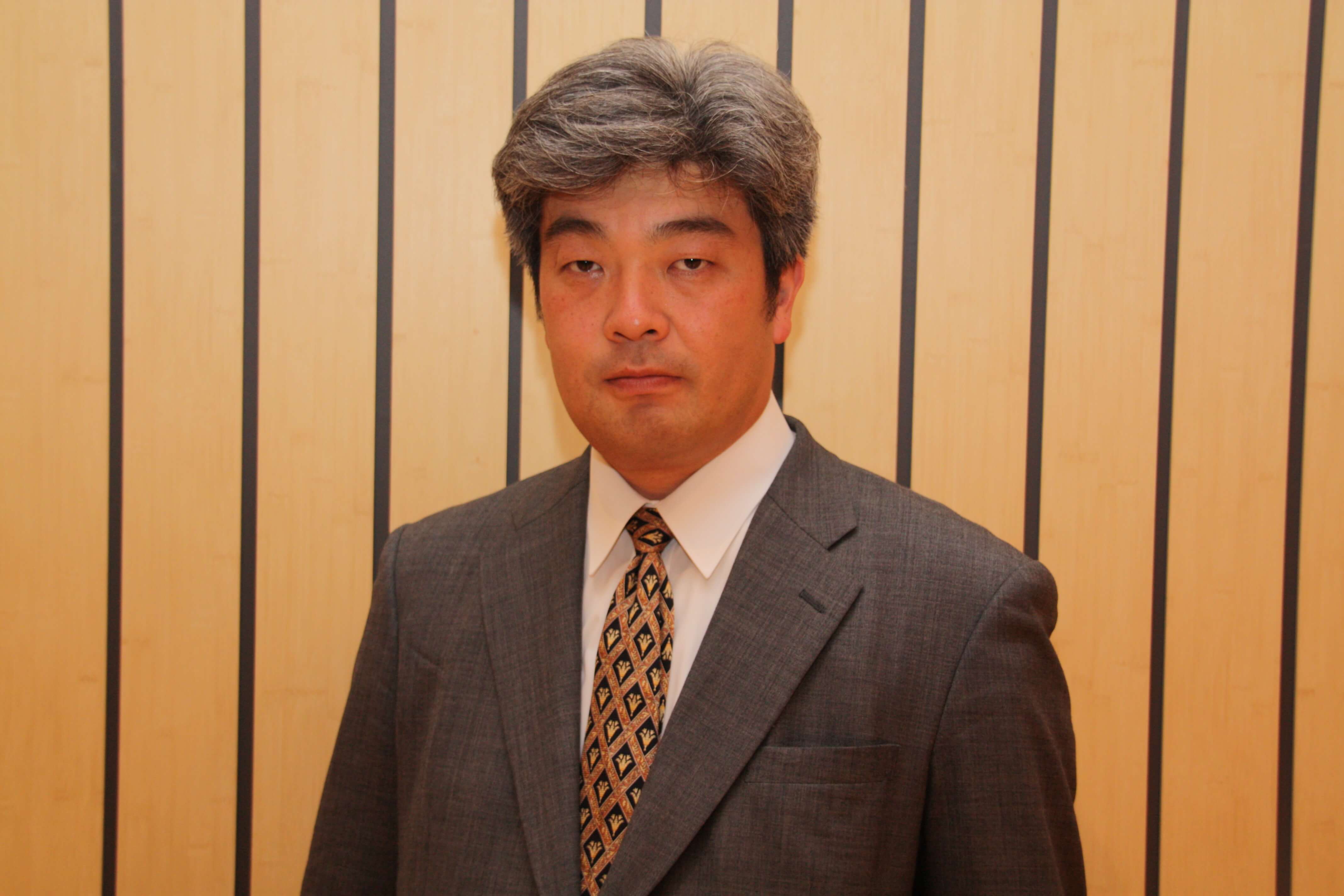
鈴木一人 Kazuto SUZUKI
東京大学公共政策大学院教授
2000年から2008年まで筑波大学国際総合学類准教授として勤務。その間、立命館大学、北九州大学などで非常勤講師を兼任。2008年から北海道大学公共政策大学院準教授として勤務し、2011年に教授に就任。2012年から2013年にはプリンストン大学国際地域研究所客員研究員。2013年から2015年まで国連安保理イラン制裁専門家パネルに参画。2020年から現職。

小泉悠 Yu KOIZUMI
ロシア・旧ソ連諸国の軍事・安全保障政策 国際関係論
早稲田大学大学院修士課程を修了後、民間企業、外務省専門分析員等を経て、2009年、未来工学研究所に入所。2017年に特別研究員となり、2019年2月まで勤務。
この間、外務省若手研究者派遣フェローシップを得てロシア科学アカデミー世界経済国際関係研究所に滞在したほか(2010-2011年)、国立国会図書館調査及び立法考査局でロシアの立法動向の調査に従事した(2011-2018年)。
2019年3月、東京大学先端科学技術研究センター特任助教(グローバルセキュリティ・宗教分野)に就任し、2022年1月より同専任講師。2023年12月より現職。専門は安全保障論、国際関係論、ロシア・旧ソ連諸国の軍事・安全保障政策。
笹川平和財団上席フェローを兼任。
Research Map
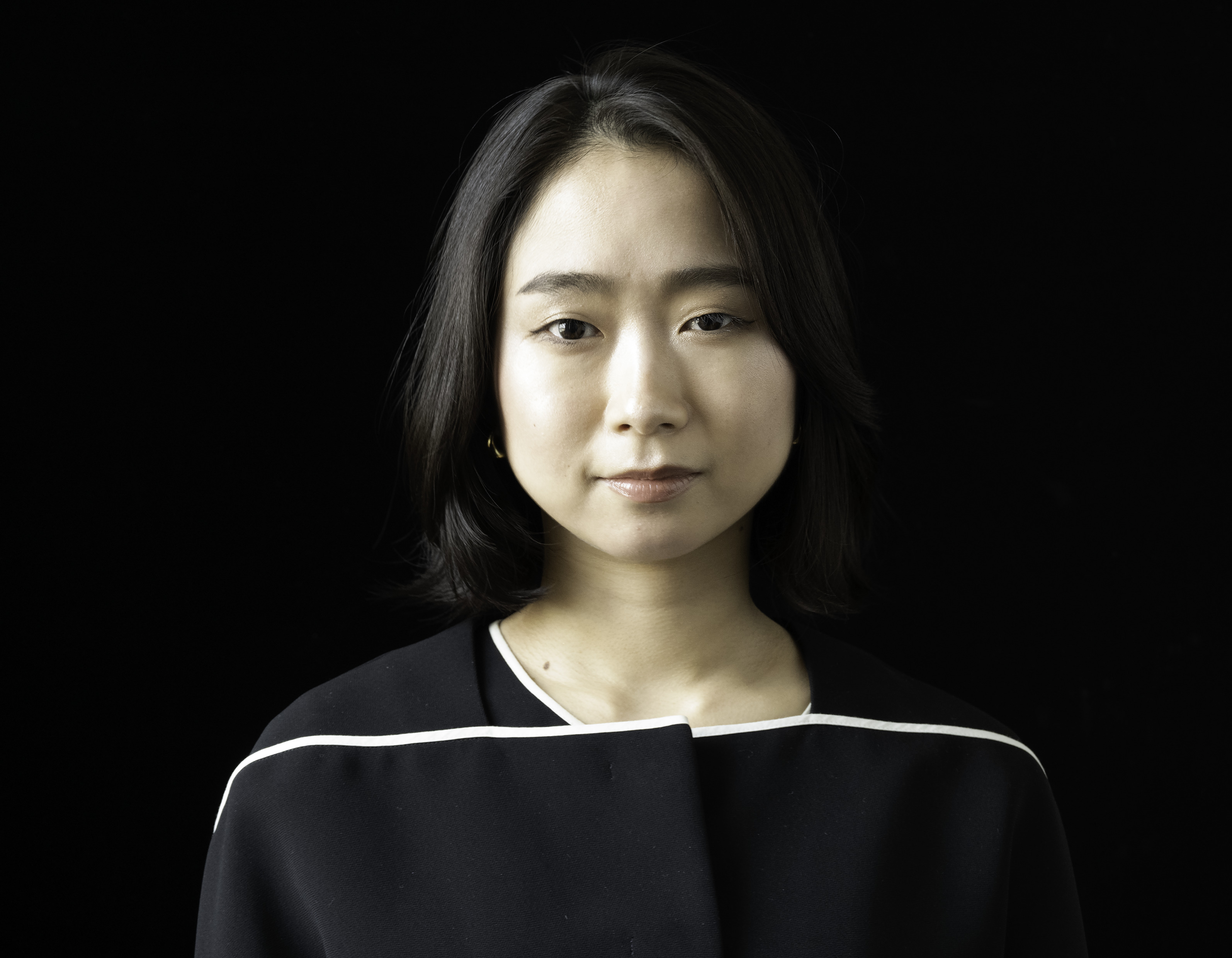
桒原響子 Kyoko KUWAHARA
笹川平和財団安全保障事業グループ研究員、外務省大臣官房戦略的対外発信拠点室外務事務官、未来工学研究所研究員を経て、現職。専門は国際公共政策、公共外交(パブリック・ディプロマシー)、ストラテジック・コミュニケーション、ディスインフォメーション・キャンペーン、メディア研究、ソフトパワー等。
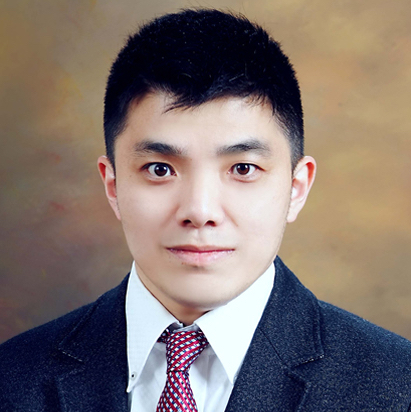
(研究室OB)山口亮 Ryo HINATA-YAMAGUCHI, Ph.D.
アトランティック・カウンシル(米)スコウクロフト戦略安全保障センター上席客員フェロー
パシフィック・フォーラム(米)上席客員フェロー
インド太平洋地域安全保障問題
防衛戦略論
交通政策論
インド太平洋交通安全保障に関する分科会・座長
政策シミュレーション研究プロジェクト・座長
長野県佐久市出身。専門は防衛政策、安全保障、国際政治、比較政治、交通政策。オーストラリア国立大学アジア研究学部卒、同大大学院戦略防衛研究科修士課程修了(豪)、ニューサウスウェールズ大学大学院キャンベラ校人文社会研究科博士号取得(豪)。パシフィックフォーラム研究フェロー(米)、ムハマディア大学マラン校客員講師(尼)、釜山大学校経済通商大学国際学部客員教授(韓)、2021年8月ー2024年8月にかけて東京大学先端科学技術研究センター特任助教(グローバルセキュリティ・宗教分野)。同年9月より現職。
Twitter: @tigerrhy
Instagram: https://www.instagram.com/tigerrhy/
Blog: https://note.com/tigerrhy/
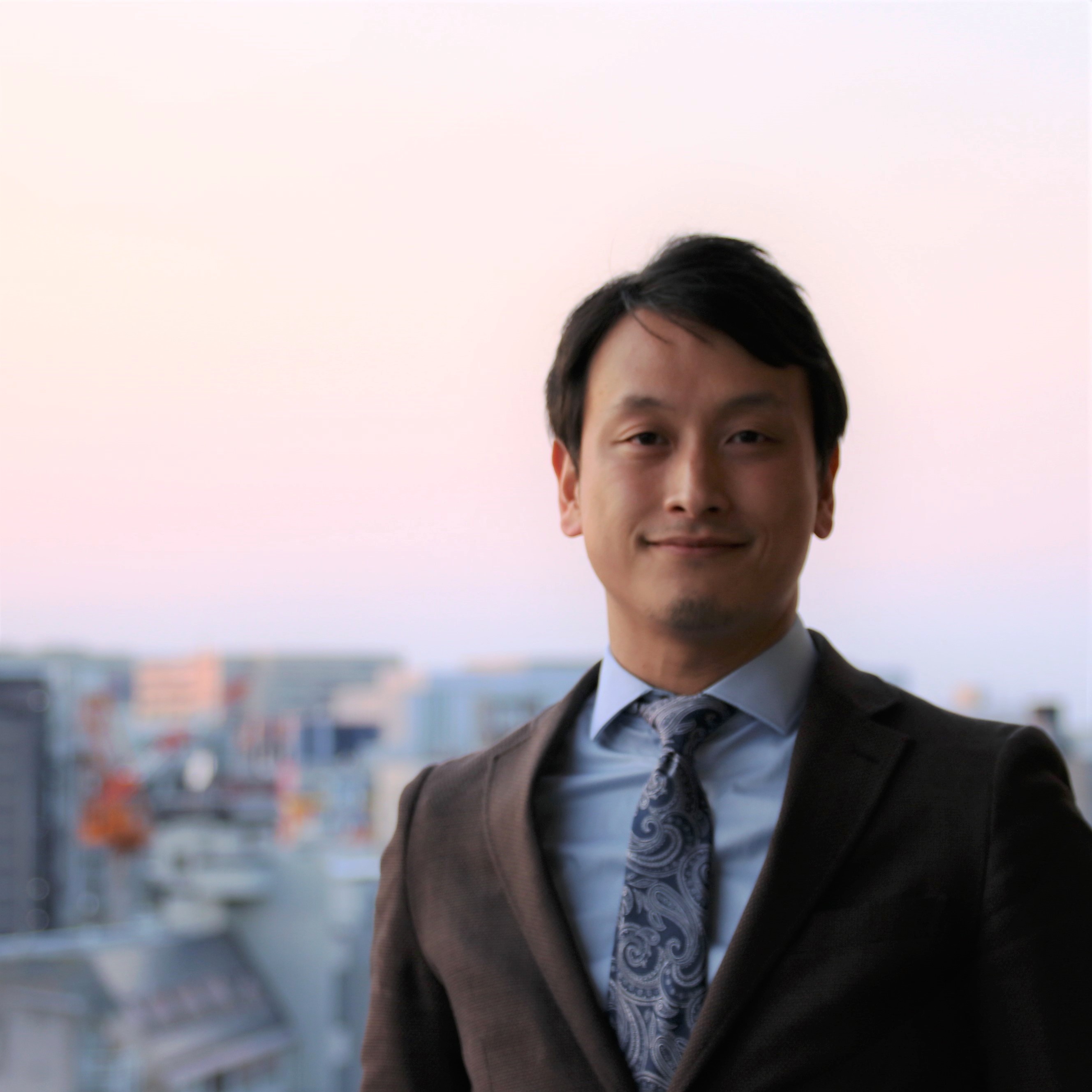
中井遼 Ryo NAKAI
比較政治学(政党政治・選挙、ナショナリズム・民族問題)
2012年に博士号取得。早稲田大学助手、日本学術振興会特別研究員、立教大学助教、北九州市立大学政策科学科准教授などを経て現職。
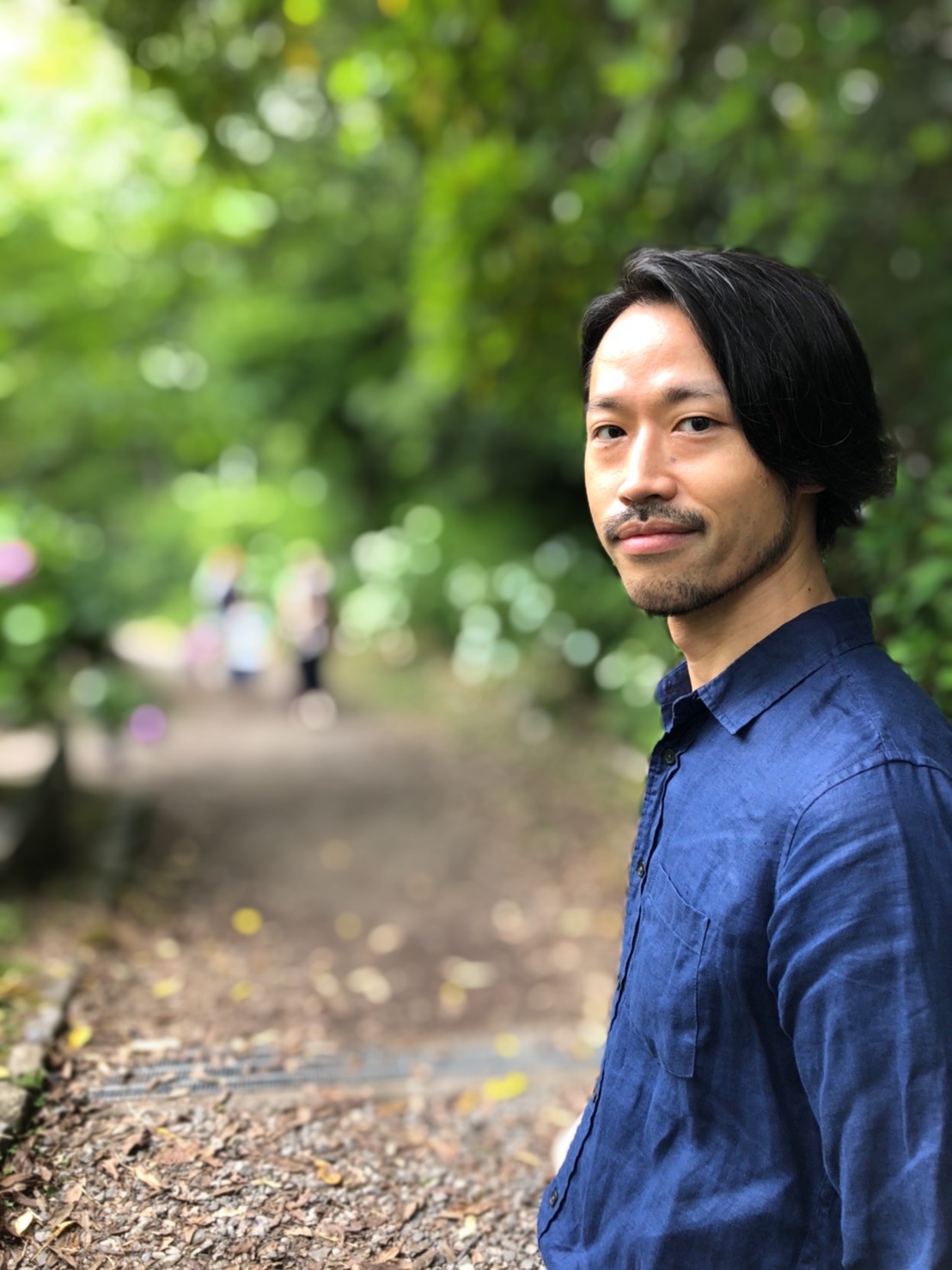
中井治郎 Jiro NAKAI
龍谷大学非常勤講師等を経て、2023年4月より文教大学国際学部国際観光学科専任講師。
専攻は観光社会学。宗教と観光、伝統の創造とナショナリズム・グローバル化等の研究を踏まえ、京都を中心に観光公害やオーバーツーリズム問題などを通して観光と地域社会の共生、地域文化や文化遺産の観光資源化などを研究。
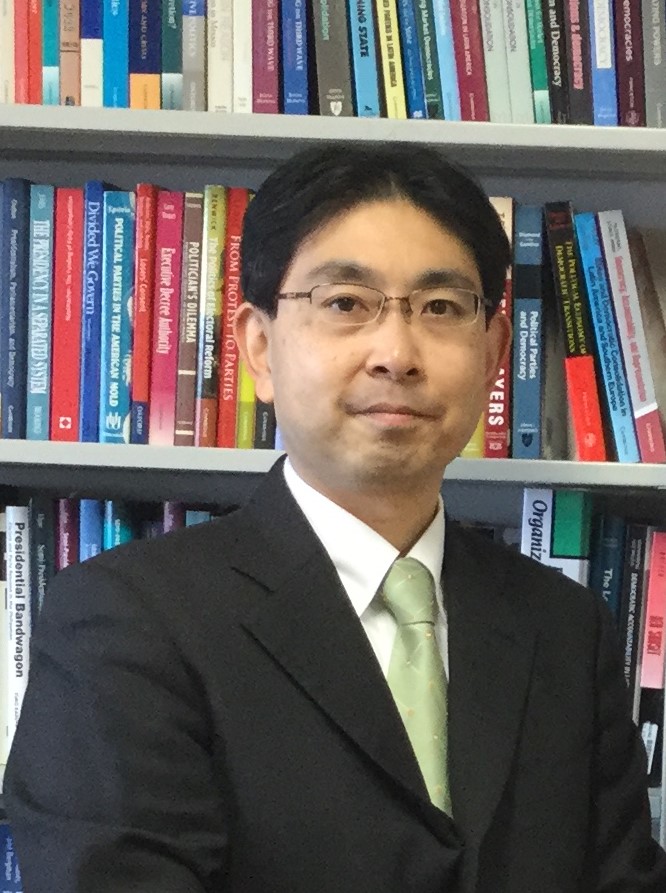
松本充豊 Mitsutoyo MATSUMOTO
2001年に神戸大学大学院国際協力研究科助手に就任、2002年には国立台湾大学国家発展研究所で客員研究員を兼任。2003年に長崎外国語大学外国語学部助教授に就任、加えて台湾中央研究院政治学研究所客員研究員などを兼任。2007年に長崎外国語大学外国語学部准教授に就任。2010年からは天理大学国際学部准教授に就任、2014年からは同大学同学部教授を務める。2015年から京都女子大学現代社会学部教授に就任。専門は比較政治学、現代台湾政治、中台関係、東アジア政治経済論。
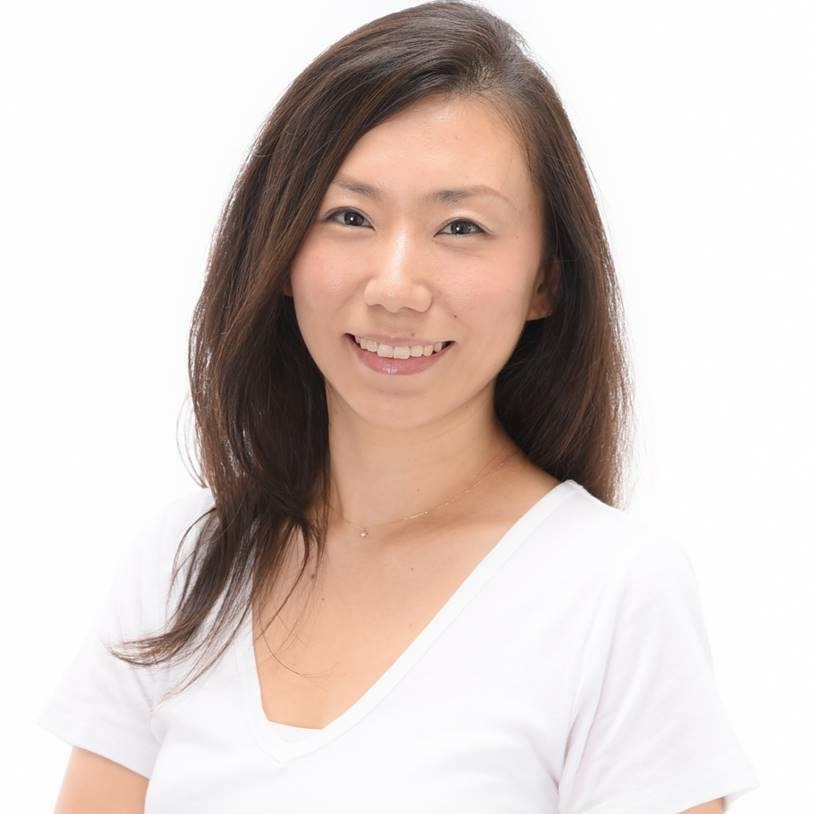
池田有紀美 Yukimi IKEDA
国連軍縮部政務官補
防衛省防衛政策局防衛政策課、国際政策課、日米防衛協力課での勤務(2010-2015年)、外務省総合外交政策局軍縮不拡散・科学部不拡散・科学原子力課への出向(2013-2015年)を経て、独立系シンクタンクであるアジア・パシフィック・イニシアティブで安全保障分野の研究員を務めた。その後、フルブライト奨学金を得て米国ジョージタウン大学外交大学院へ留学し(2017-2019年)、この間、国連軍縮部での勤務を経験(2018年)。2020年4月、未来工学研究所研究員。2021年4月より現職。専門は安全保障論、国際関係論、科学技術と安全保障、軍縮・不拡散。
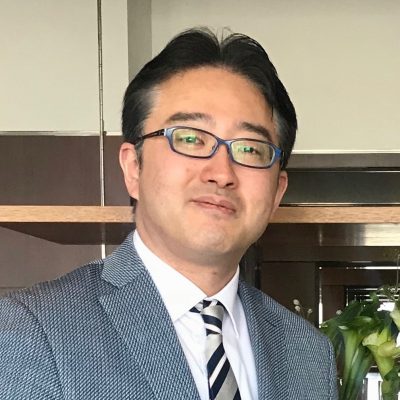
佐橋亮 Ryo SAHASHI
東京大学東洋文化研究所教授
オーストラリア国立大学国際関係学科博士研究員、東京大学特任助教を経て、2010年に神奈川大学法学部准教授(のち教授)に就任。2014年にはスタンフォード大学アジア太平洋研究センター客員准教授。2019年より現職。外務省科学技術外交推進会議委員。専門は国際政治学、とくに日米中関係、国際秩序。
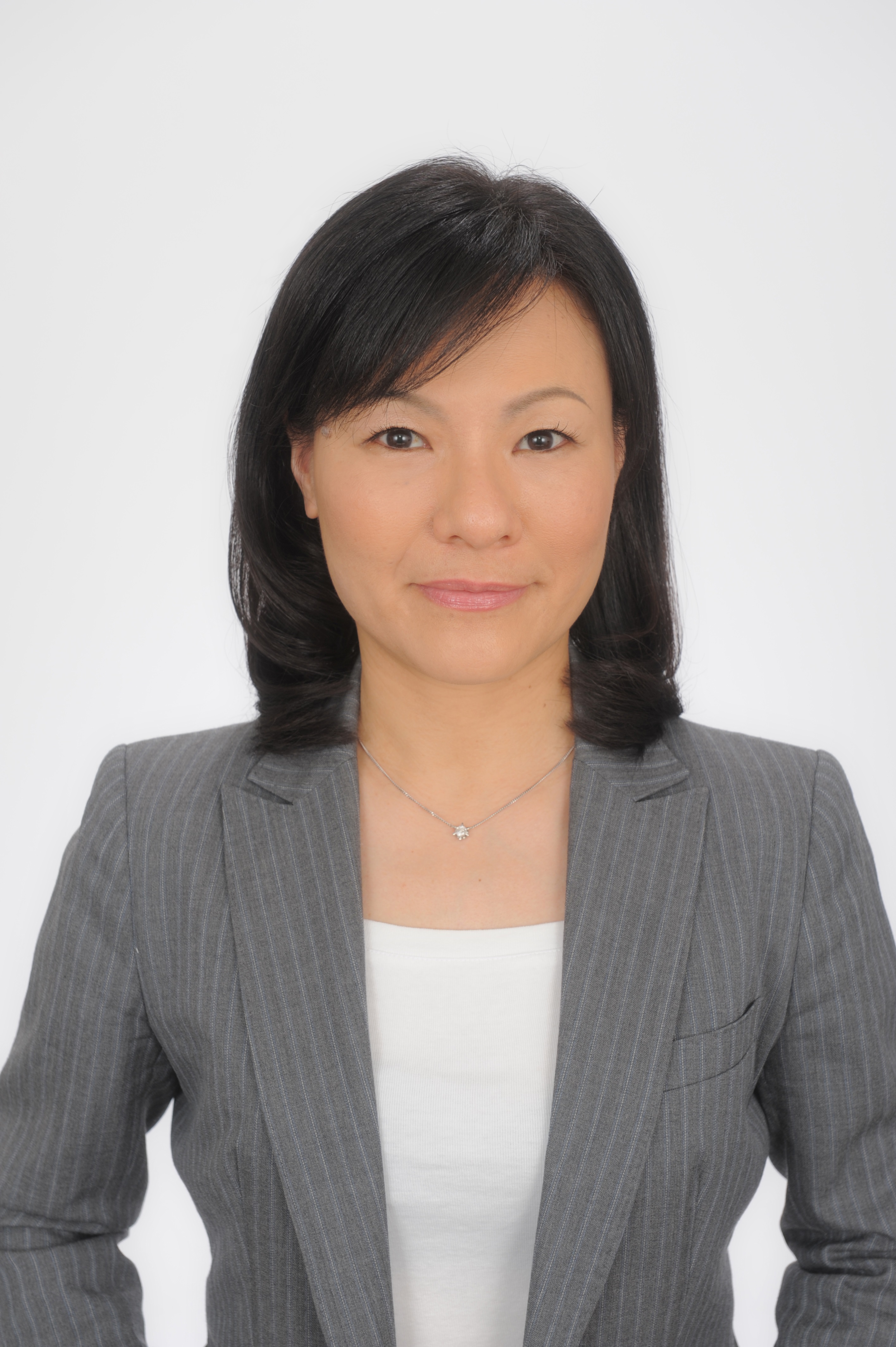
飯塚恵子 Keiko IIZUKA
読売新聞編集委員
読売新聞記者として首相官邸、外務省記者クラブのキャップ、那覇駐在、国際部長、アメリカ総局長、ロンドン特派員、米ブルッキングス研究所客員研究員などを歴任。
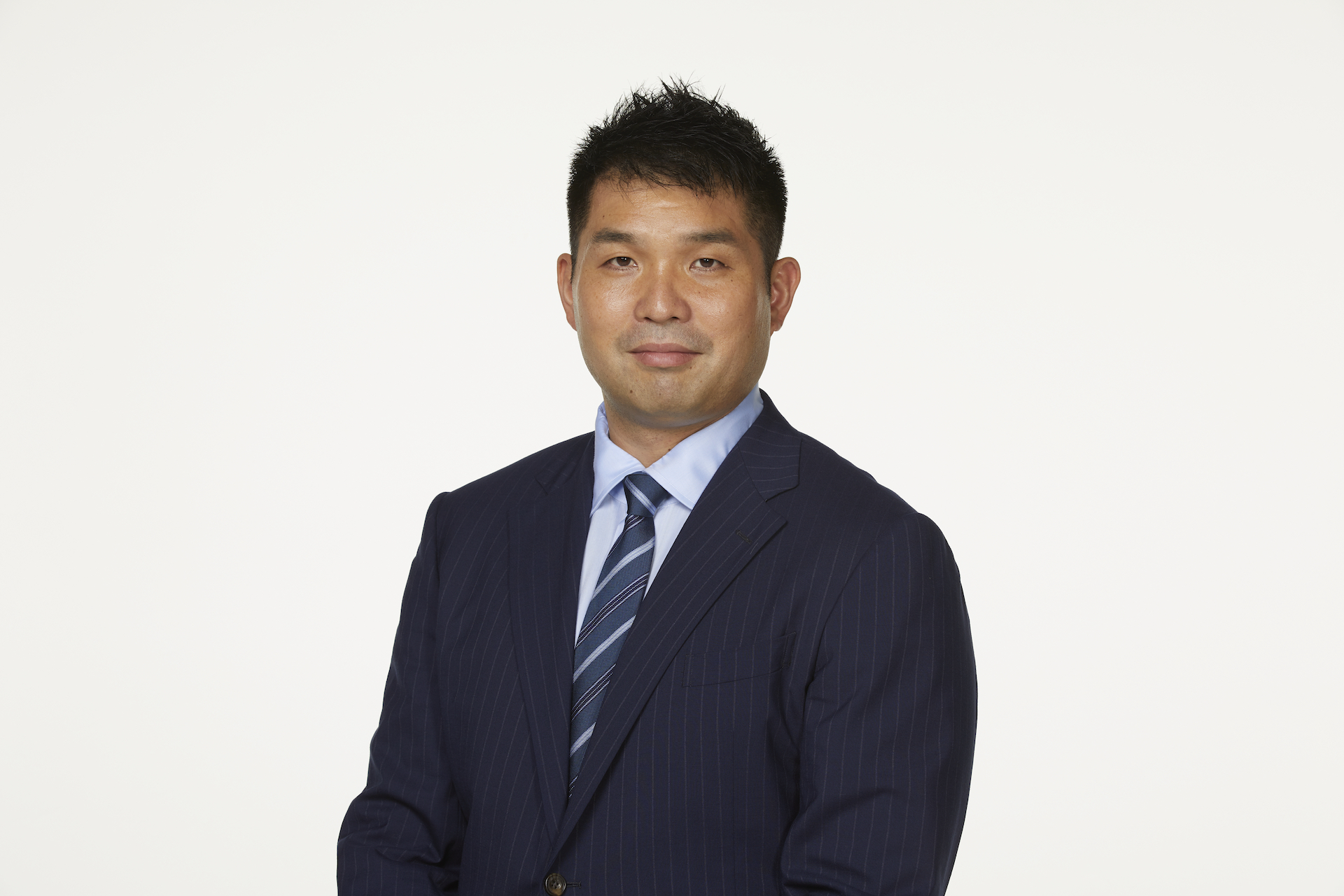
高森雅和 Masakazu TAKAMORI
プロラグビー選手としてのキャリアを終えた後、株式会社電通に入社。情報通信、小売業のコミュニケーション全般を10年以上担当。また、2011年から2014年まで、東日本大震災の復興支援を目的に設立した公益財団法人の立ち上げに参画し、福島の復興支援事業の企画と推進。2017年から、最先端テクノロジーを活用したサービス開発を担うプロジェクトマネージャーに就任。特にソーシャルメディアの分析や論調改善のソリューションに力を入れ、フェイクニュース 対策や企業のコミュニケーションのコンサルティングを行った。2021年より現職。
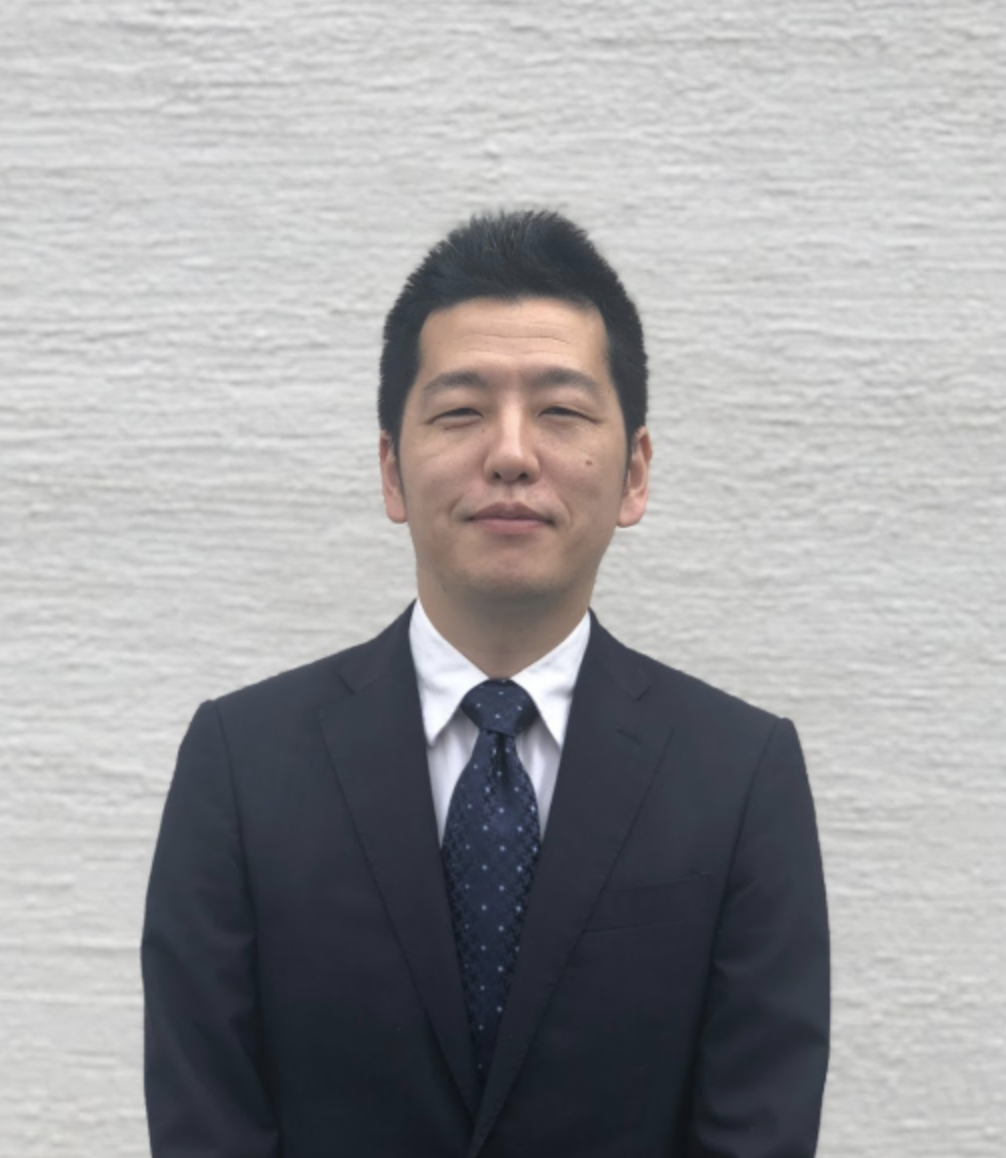
小宮山功一朗 Koichiro KOMIYAMA
慶應義塾大学SFC研究所上席所員
専門分野はサイバーセキュリティとグローバル・ガバナンス。2006年より一般社団法人JPCERTコーディネーションセンターで、国際的なインシデントへの対応と調整の業務にあたる。博士(政策・メディア)
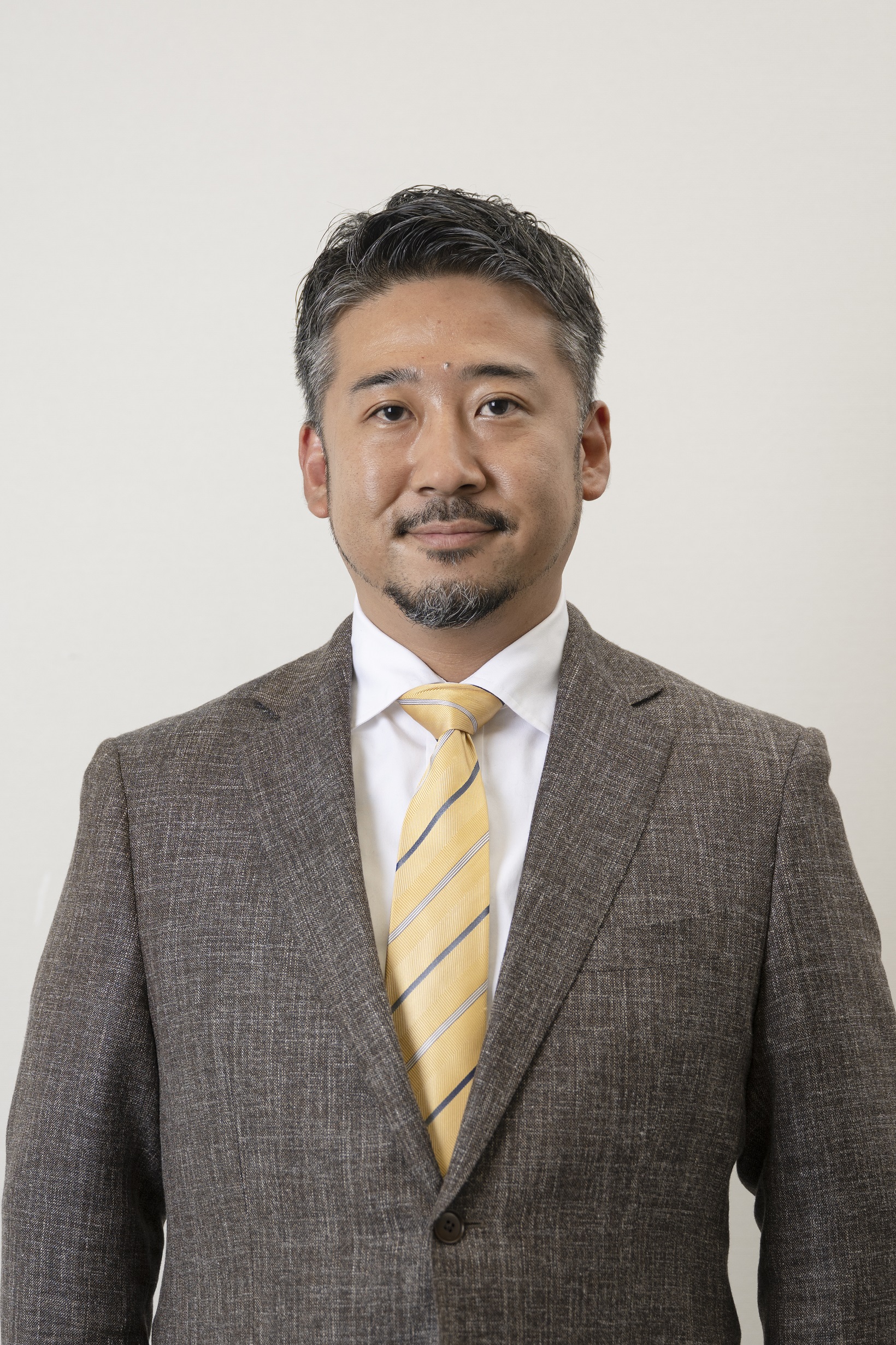
合六強 Tsuyoshi GOROKU
専門は米欧関係史、欧州安全保障
慶應義塾大学大学院法学研究科助教(研究奨励)、EUSI(EU Studies Institute in Tokyo)研究員(ウクライナ滞在)、海上自衛隊幹部学校非常勤講師などを経て、二松学舎大学国際政治経済学部専任講師(2017年〜2022年)、2022年4月より現職。政策研究大学院大学(GRIPS)客員研究員(2017年〜)、日本国際問題研究所(JIIA)研究委員(2017年〜)も務める。
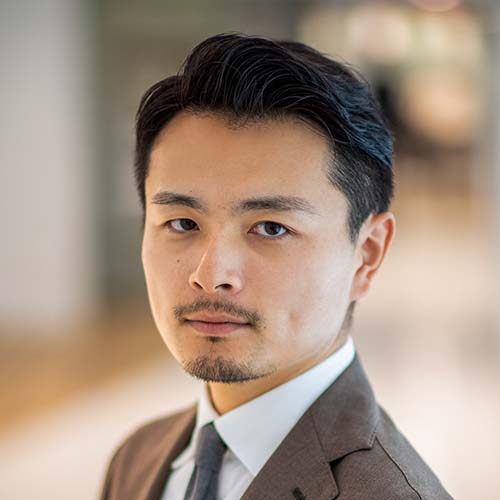
村野将 Masashi MURANO
専門は、日米の安全保障政策、核・ミサイル防衛政策、抑止論など。
岡崎研究所や官公庁で戦略情報分析・政策立案業務に従事したのち、2019年より現職。マクマスター元国家安全保障担当大統領補佐官らと共に、日米防衛協力に関する政策研究プロジェクトを担当。
新領域セキュリティの諸課題に関する分科会委員
刊行物
2022.10.31 (月)
報告書
国家安全保障戦略改訂に向けた提言
2022.06.08 (水)
論文
ROLES REPORT No.19 中井遼「バルト三国の情報安全保障と ロシアの影響力工作 : 世論・メディア・ロシア語系住民・歴史認識問題」
2021.07.15 (木)
論文
ROLES REPORT No.12 桒原響子 「「人間の認知」をめぐる介入戦略 ― 複雑化する領域と手段、 戦略的コミュニケーション強化のための一考察」
2021.05.18 (火)
コメンタリー
ROLES COMMENTARY No.2 小泉悠「新領域セキュリティの諸課題にいかに取り組むか」
2021.04.12 (月)
論文
ROLES REPORT No.5 池田有紀美『量子技術と安全保障 』
2021.03.31 (水)
論文
ROLES REPORT No.3 小宮山功一朗『サイバー空間と 民主主義の断層』
2021.03.30 (火)
論文
ROLES REPORT No.2 小泉 悠『新テクノロジーと安全保障の将来像 技術革新が秩序に及ぼすインパクトとその限界』
